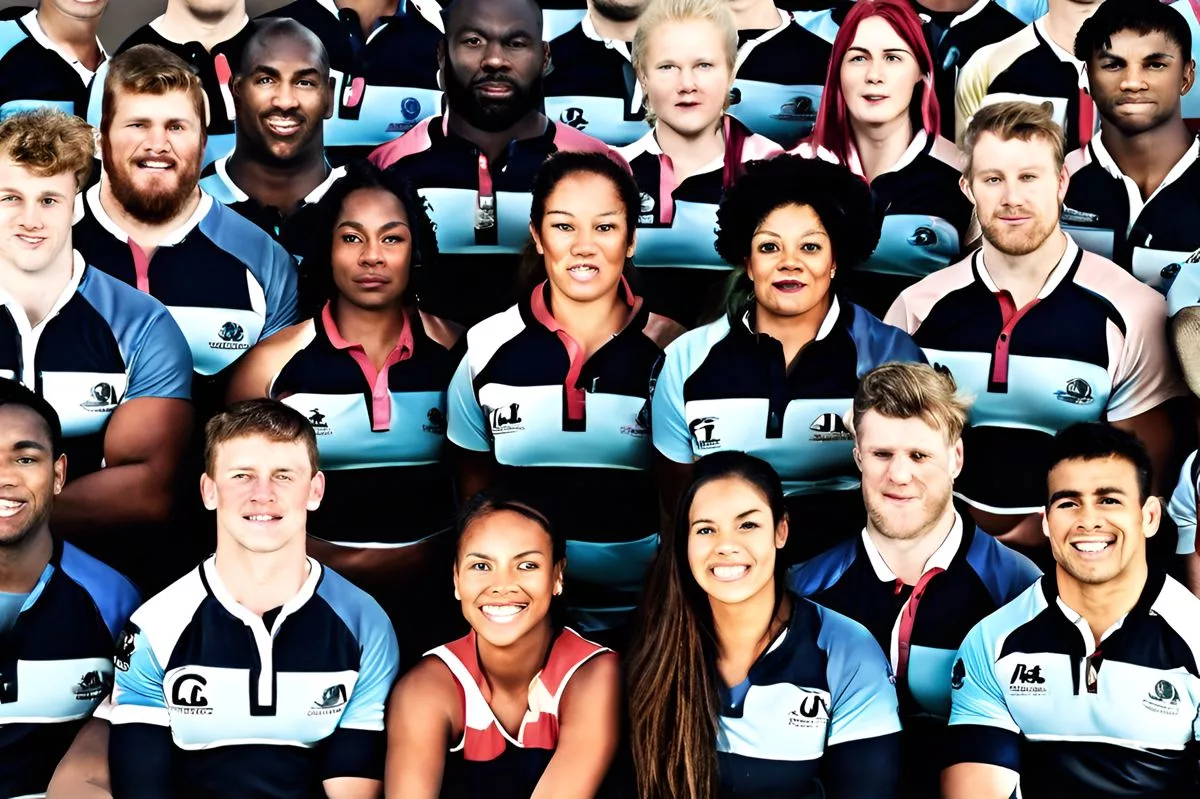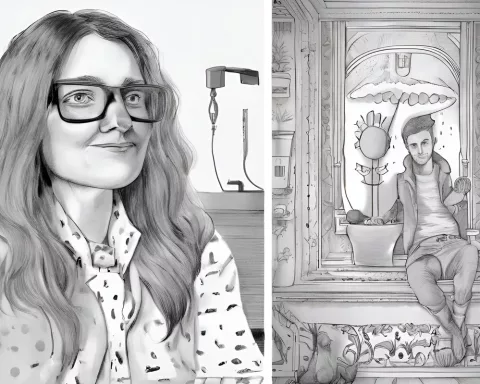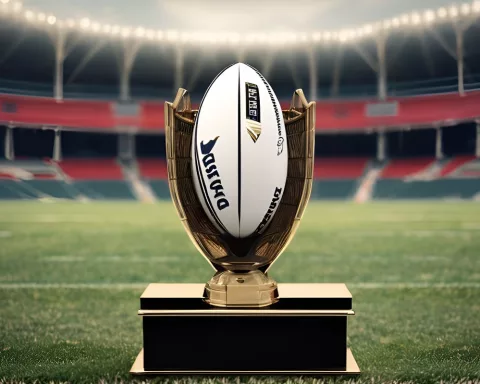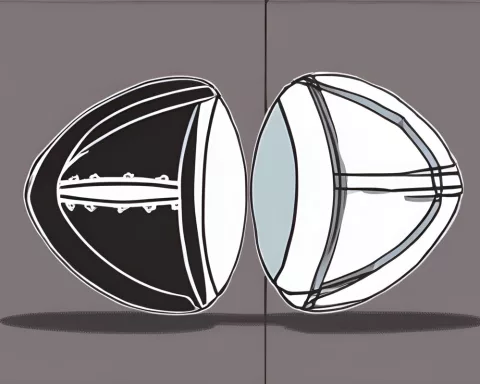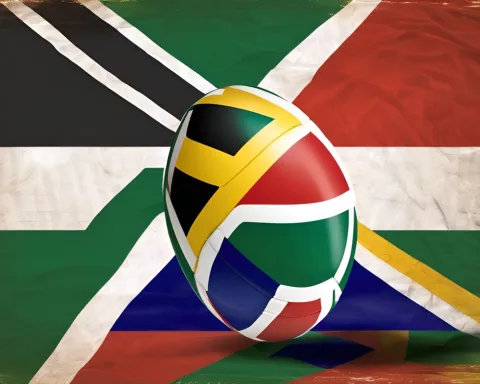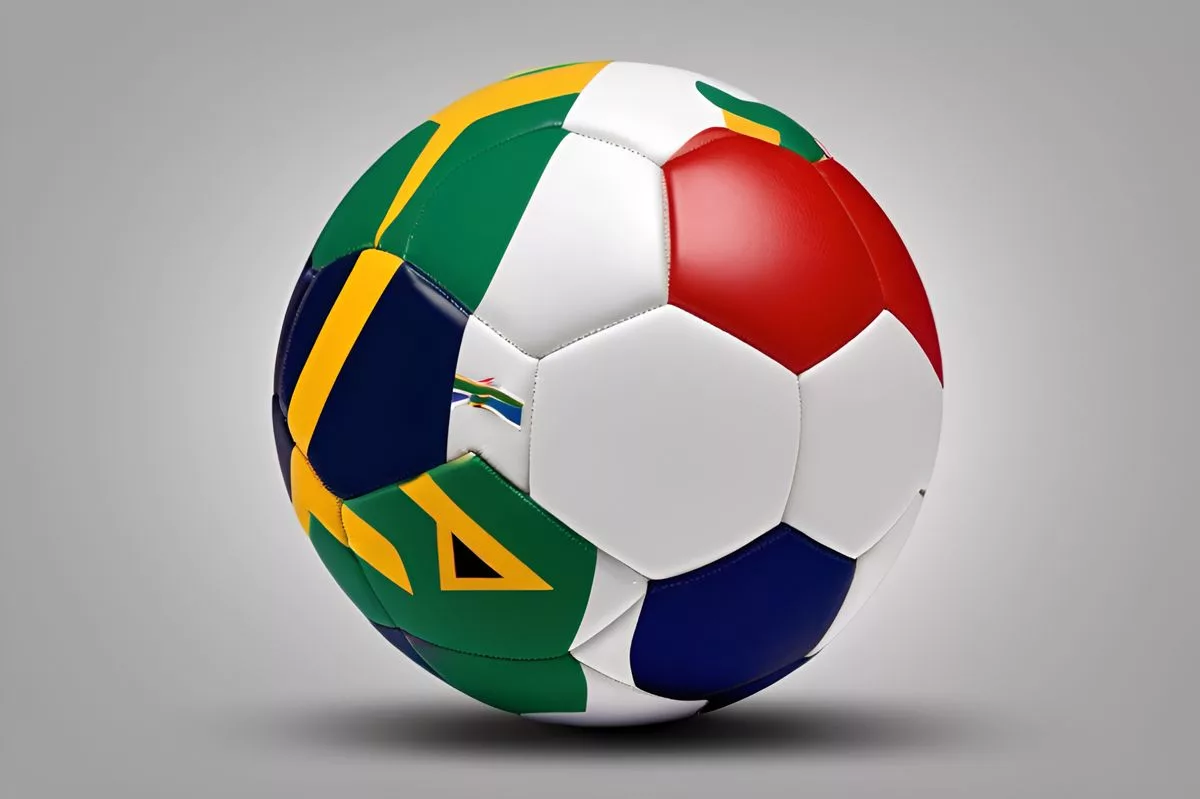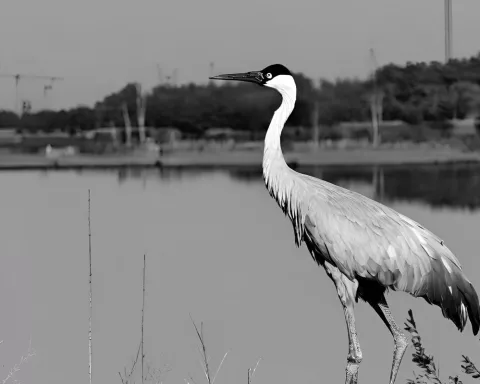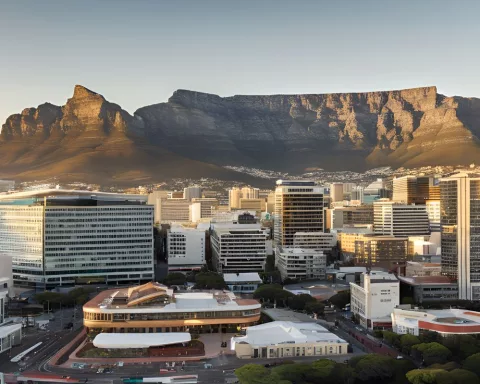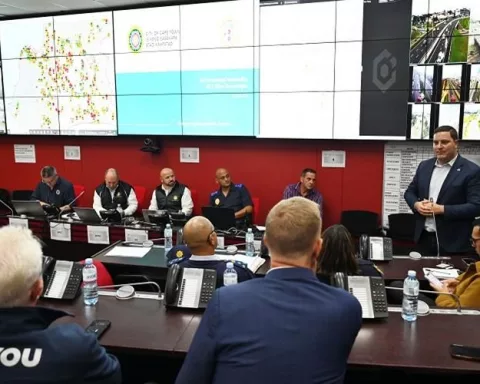South African rugby is making a shift towards gender equality, with a recent two-day workshop focused on promoting greater involvement of women in the sport. The workshop attracted 63 delegates and endorsed World Rugby’s new T1 rugby programme, which emphasises inclusivity and efficient use of time. The workshop addressed various issues, including budget discussions, capacity-building programs, safeguarding, and tackle height, with the ultimate goal of boosting participation and ensuring sustained growth in the sport for both genders.
What is the focus of SA Rugby’s two-day Community Rugby Workshop?
The SA Rugby’s two-day Community Rugby Workshop focused on identifying and rectifying gaps in the community game, with a primary emphasis on promoting greater involvement of women in Rugby. The workshop aimed to align with the ultimate objective of boosting participation and ensuring sustained growth in the sport for both genders. The incorporation of World Rugby’s new T1 rugby programme offers a viable pathway for the evolution of women’s rugby.
Promoting Women in Rugby
Rugby, typically viewed as a sport dominated by men, is currently seeing an intriguing transformation in South Africa. Recently, the SA Rugby’s two-day Community Rugby Workshop emphasized the growing importance of advocating greater involvement of women in the sport, whether as players or as officials like coaches and referees.
The workshop, organized by SA Rugby’s Strategic Performance Management Department, attracted 63 delegates from all 15 unions. This significant attendance is an indication of a noteworthy shift towards the evolution and diversification of the sport. Eminent personalities from the Rugby fraternity, including President Mark Alexander and CEO Rian Oberholzer, attended the event, along with representatives from diverse schools and the SA Rugby Legends.
Addressing the Gap in Representation
The workshop’s core objective was to identify and rectify gaps in the community game. However, its purpose went beyond mere problem-solving. Oberholzer described it as an opportunity to “interchange and learn”. The atmosphere during the workshop was one of inclusivity and unity, with efforts made to unify community rugby administrators and crucial stakeholders.
Nevertheless, the workshop’s focus was primarily on a single, significant issue: the insufficient representation of women in Rugby. Oberholzer stated, “We need more educators, trainers, and referees, and we’ve requested the unions to nominate individuals accordingly. The same applies to the immediate need to address the dearth of qualified women’s coaches.”
In addition to addressing this gender imbalance, the workshop also aimed to align with the ultimate objective of boosting participation and ensuring sustained growth in the sport. This goal encompasses players, referees, coaches, and administrators of both genders.
Endorsements and Initiatives
A key development during the workshop was the endorsement of World Rugby’s new T1 rugby programme. This modified ten-a-side version of the game emphasizes fun, fitness, inclusivity and efficient use of time. Its non-contact nature and inclusion of standard rugby components like scrums, lineouts, and breakdowns make it an appropriate fit for all, regardless of gender or age.
The incorporation of T1 rugby, now a component of the ‘Get Into Rugby’ initiative, offers a viable pathway for the evolution of women’s rugby. It underscores the criticality of inspiring girls to participate in rugby at the primary school level.
Various critical topics were covered in the workshop’s extensive agenda. Budget discussions, capacity-building programs, safeguarding, tackle height, and BokSmart compliance were among the many issues discussed. The attendees benefitted significantly from the depth of knowledge and expertise offered by the presenters, which effectively facilitated the discussions.
Towards a Diverse Rugby Future
The workshop represented a pledge to steer growth and positive change within the South African rugby community. Amid all the discussions and plans, the vision of a more inclusive and diverse Rugby landscape in South Africa emerged distinctly. It represented a courageous step towards a future where the rugby field would no longer be an exclusively male domain, but an equal playing field for all.
However, the dream of an inclusive Rugby community is still under construction. The groundwork has been laid, but there’s a considerable journey ahead. Nevertheless, the enthusiasm and dedication of the delegates at the workshop foster hope that the future of Rugby in South Africa is not only diverse but also equally robust and vibrant.
1. What was the focus of SA Rugby’s two-day Community Rugby Workshop?
The SA Rugby’s two-day Community Rugby Workshop focused on identifying and rectifying gaps in the community game, with a primary emphasis on promoting greater involvement of women in Rugby. The workshop aimed to align with the ultimate objective of boosting participation and ensuring sustained growth in the sport for both genders.
2. What did the workshop address?
The workshop addressed various issues, including budget discussions, capacity-building programs, safeguarding, and tackle height, with the ultimate goal of boosting participation and ensuring sustained growth in the sport for both genders.
3. What is the T1 rugby programme?
The T1 rugby programme is World Rugby’s modified ten-a-side version of the game that emphasizes fun, fitness, inclusivity, and efficient use of time. Its non-contact nature and inclusion of standard rugby components like scrums, lineouts, and breakdowns make it an appropriate fit for all, regardless of gender or age.
4. What was the significance of the endorsement of the T1 rugby programme?
The endorsement of the T1 rugby programme represents a viable pathway for the evolution of women’s rugby. It underscores the criticality of inspiring girls to participate in rugby at the primary school level and promotes inclusivity in the sport.
5. What were the key topics covered in the workshop?
Budget discussions, capacity-building programs, safeguarding, tackle height, and BokSmart compliance were among the many issues discussed in the workshop.
6. What was the ultimate goal of the workshop?
The ultimate goal of the workshop was to boost participation and ensure sustained growth in the sport for both genders. The workshop aimed to identify and rectify gaps in the community game, with a primary emphasis on promoting greater involvement of women in Rugby.

